Too Much Miniseries Netflix Explained | Review & Recap
Lena Dunham’s new Netflix gem, Too Much, is a glorious hot mess of love, laughter, and life’s inevitable chaos, all set against the rain-soaked streets of London. Imagine growing up, carrying every scar and secret into your thirties, and still believing in fairy-tale endings, only to discover that real romance is half cringe-worthy mishaps, half tear-soaked breakthroughs. This isn’t the comfortable camaraderie of Brooklyn hipsters from Girls; it’s two adults, fully armed with emotional baggage, stumbling toward each other and, somehow, finding sparks in the wreckage.

From biting one-liners that’ll make you wince to tender moments that sneak up and break your heart, Too Much wears its flaws, and its fierce compassion, on its sleeve. Dunham’s trademark honesty reminds us that loving someone when you’re already a complete human being is both wildly liberating and utterly terrifying. If you thought you knew her story, London will prove you wrong in the best possible way.

A Detailed Recap, Analysis, and Review
Jessica is thirty-something, funny as hell, and completely untethered by anyone’s expectations, least of all her own. When her world shatters after a brutal breakup with Zev (the impeccably coiffed Michael Zegen), she does what any self-respecting New Yorker would do: books a one-way ticket to London.
In her head, the move is going to be pure rom-com magic, rainy strolls along the Thames, accidental meetings in cozy cafés, and maybe a charming British accent or two. Reality, of course, has other plans.
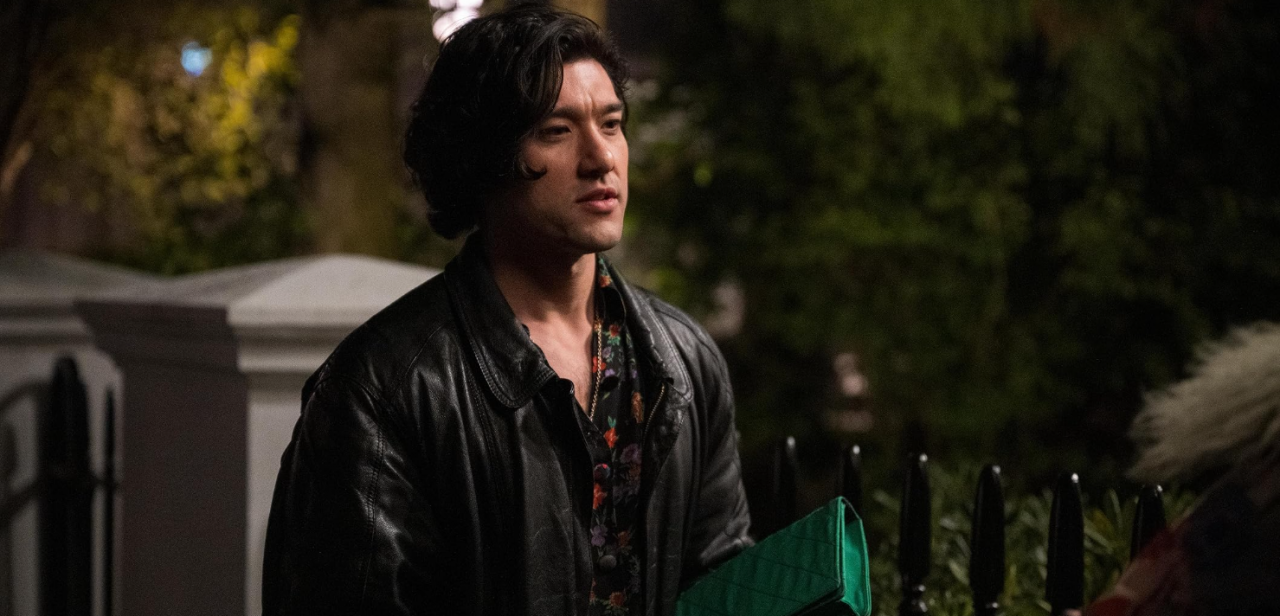
On her first night in town, she stumbles into Felix (the quietly magnetic Will Sharpe) in the most unromantic way possible, a desperate plea for toilet paper in a pub loo. Yet something electric sparks between them both.
Felix, a brilliant but battle-weary musician fresh out of rehab, is guarded in all the right ways, while Jessica’s blunt, heart-on-sleeve honesty barrels right through his defenses. Their whirlwind fling hurtles from laugh-out-loud moments, like Jessica’s hilariously awkward “meet the parents” dinner, to darker detours through old addictions and lingering exes.
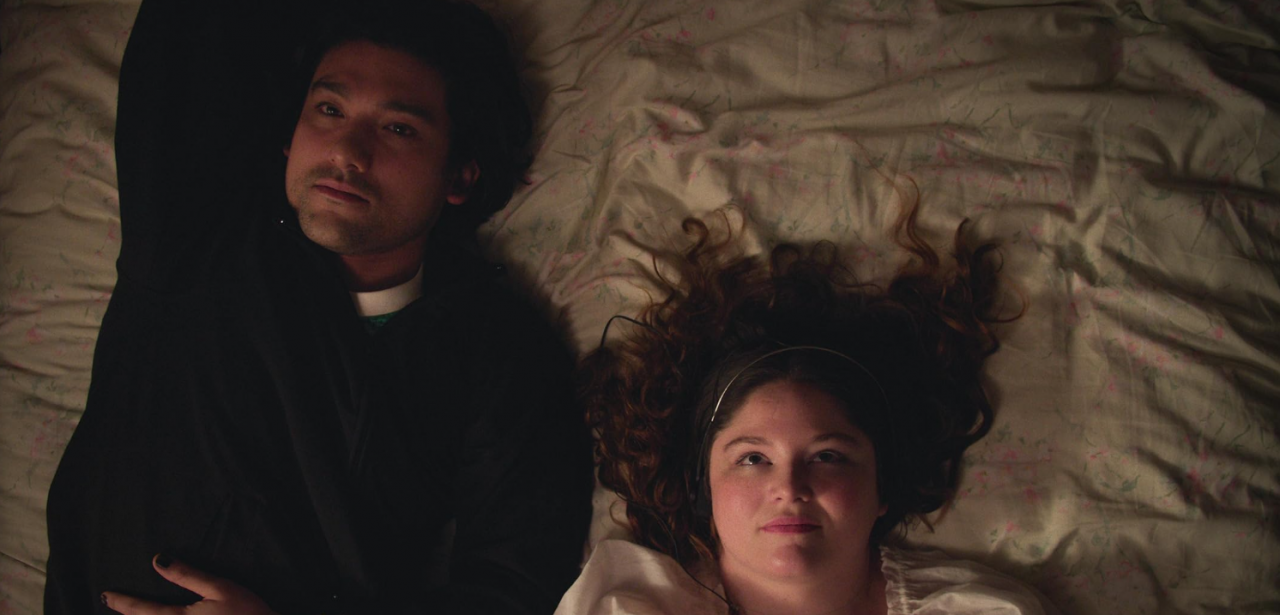
Through every stumble and suntan-sprayed misadventure, their chemistry is impossible to ignore, and you can’t help but root for these two to find their own happily ever after, even if it looks nothing like the one Jessica imagined.

Character Analysis
Jessica (Megan Stalter): Stalter is a revelation as Jessica. She is a whirlwind of comedic energy and raw vulnerability. Jessica is “too much” in the best and worst ways , loud, opinionated, and fiercely loyal. Her journey is one of learning to love herself, baggage and all, and realizing that her perceived flaws are what make her so profoundly human and deserving of love.
Felix (Will Sharpe): Sharpe brings a quiet, soulful intensity to Felix. He is a man grappling with addiction, a complicated family history, and the pressures of his artistic ambitions. His quiet exterior masks a deep well of emotion and a tendency towards self-destruction. His love for Jessica is both a source of immense joy and a trigger for his deepest insecurities.
Ending Explained
By the time the last episodes roll around, Jessica and Felix are teetering on the edge. One bad text after another, a night of weakness on Felix’s part, and they shatter. When Astrid, Jessica’s goofy, heart-melting pup, dies suddenly, it’s as if the world stops, and so do they. Their grief spills into the most brutally honest fight you’ll ever witness.

Separated, they’re both forced to look inward. Jessica finds herself face-to-face with Wendy, Zev’s sleek, impossibly put-together fiancée, and what should have been a tense showdown blossoms into a startling moment of clarity. In that conversation, Jessica discovers her own strength: she’s worth kindness and, perhaps more surprisingly, forgiveness. She realizes Felix’s betrayal wasn’t malice, but a symptom of his own battle wounds, just like her panicked flight to London was hers.
So, in a move that only Jessica could pull off, she tracks Felix down at a climate march, where he’s glued his hand to the pavement in some dramatic act of protest. Amid the chant of eco-activists and flashing cameras, she drops to her knees beside him, pours out her heart, and admits she sees him, all of him, even the messy parts. And in a delightfully absurd twist, Felix, still stuck to the street ,pulls out a ring. Between the honking cars and the hashtag banners, he asks her to marry him.
Their wedding is nothing like a fairy tale. It’s a tiny, laughter-filled ceremony with more happy tears than decor. They stand up there, a little bruised, wildly hopeful, ready to face whatever “too much” life throws their way, together.
Themes and Real-Life Connections
Jessica and Felix are haunted by their past relationships and personal traumas. The show deftly explores how this emotional baggage can sabotage present happiness and the difficult work required to overcome it.
The series refreshingly eschews the sanitized, picture-perfect romance often depicted on screen. It argues that true love is not about finding a perfect person, but about finding someone whose brand of “messy” is compatible with your own.
At its core, “Too Much” is a story about learning to accept oneself, flaws and all. Both protagonists must learn to forgive themselves and each other to move forward.
The show finds a lot of humor and heart in the cultural differences between Jessica’s American brashness and the more reserved British sensibilities she encounters.
“Too Much” is deeply personal for creator Lena Dunham. While not a direct autobiography, the show draws heavily from her own experiences. Dunham, like Jessica, moved to London and fell in love with a British musician, her now-husband Luis Felber, who also serves as a co-creator and composer on the series.
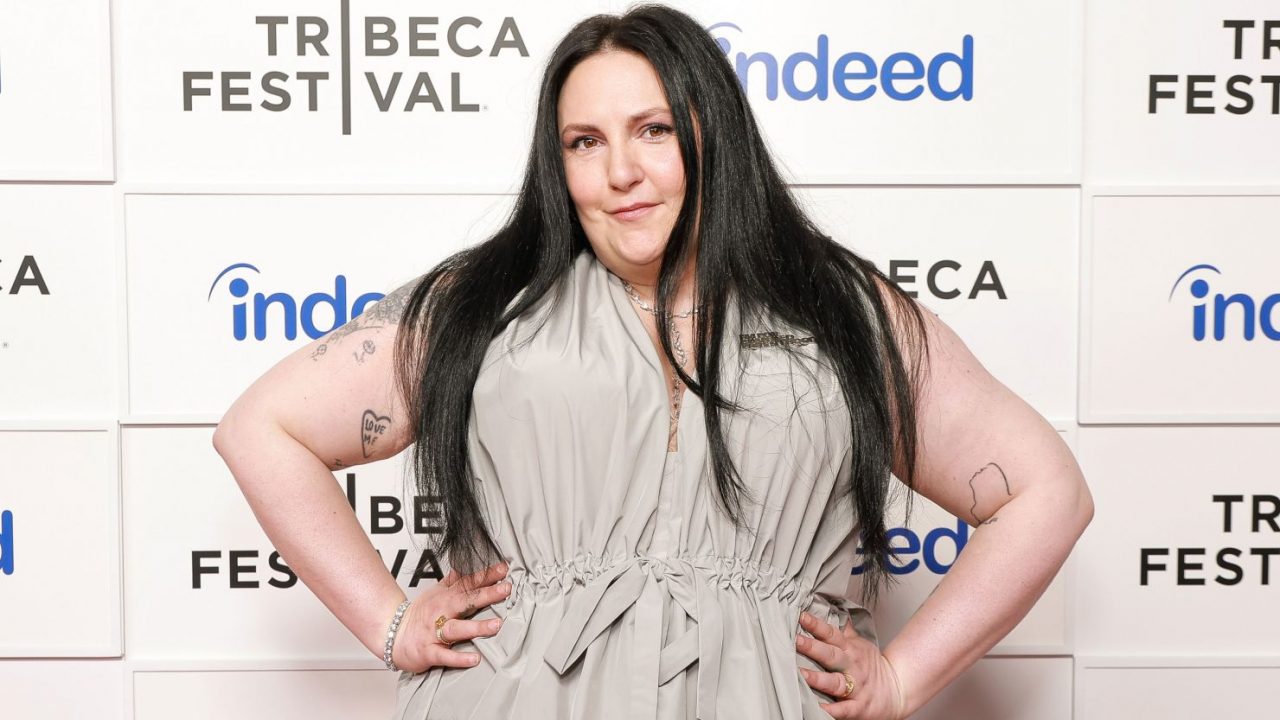
The show’s exploration of a transatlantic romance, the challenges of blending two lives with pre-existing baggage, and the search for belonging in a new country all have clear parallels to Dunham’s own life. This personal connection infuses the series with a palpable sense of authenticity and emotional depth.
Review
Too Much” has been met with a generally positive reception, with many critics hailing it as a return to form for Dunham.
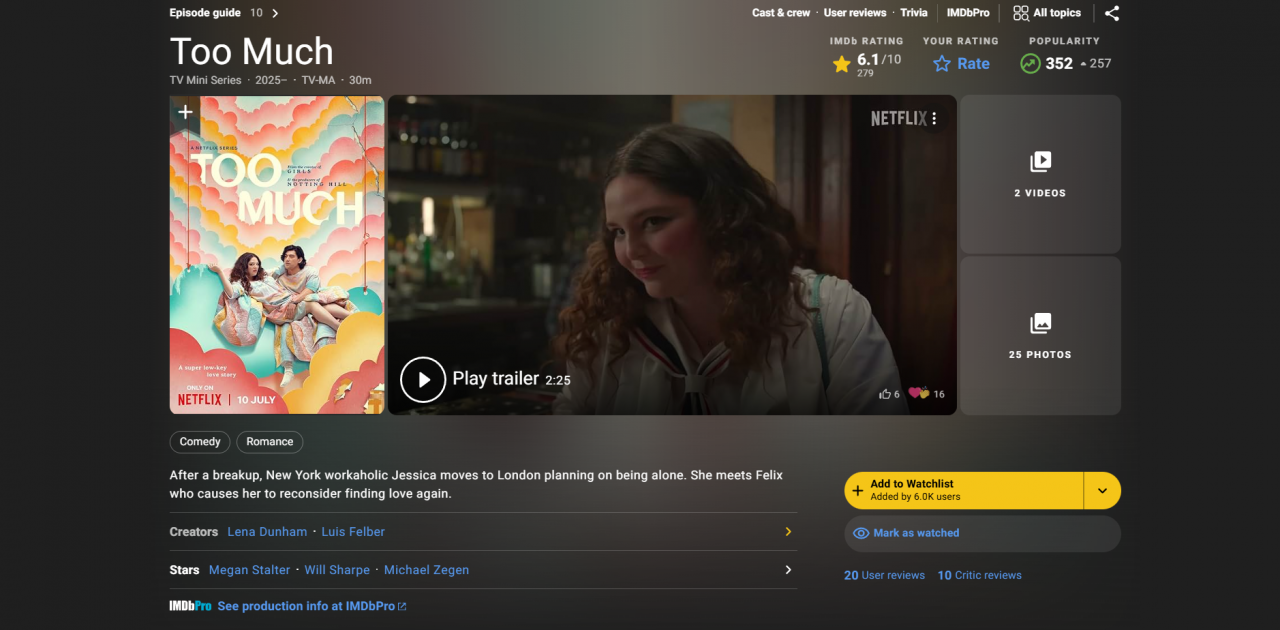
On Rotten Tomatoes, The series holds a “Fresh” rating of 83% on Rotten Tomatoes. The critics’ consensus reads: “A winning showcase for Megan Stalter, Too Much‘s approach to modern love is coolly detached but creator Lena Dunham’s sharp sense of humor remains just right.”
On IMDB, While a specific numerical rating on IMDb can fluctuate, early user reviews and critical assessments point towards a favorable reception, with particular praise for the lead performances and the show’s honest and humorous take on relationships. Critics have lauded the undeniable chemistry between Stalter and Sharpe and the show’s ability to be both laugh-out-loud funny and deeply moving.




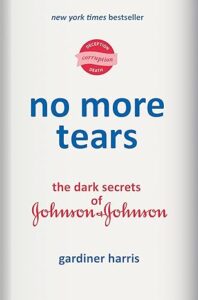


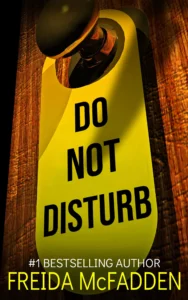

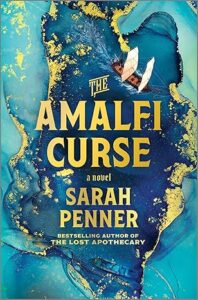
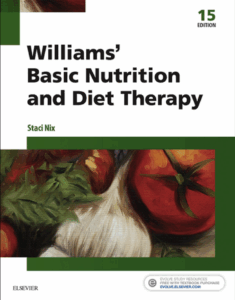

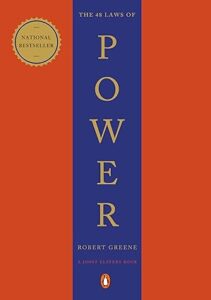
Post Comment